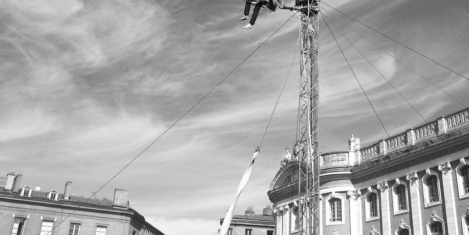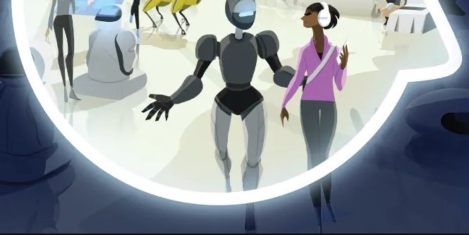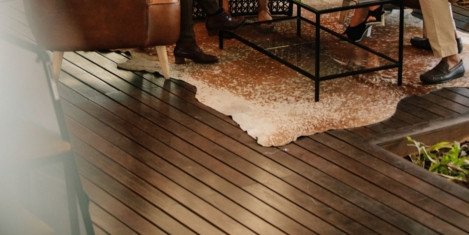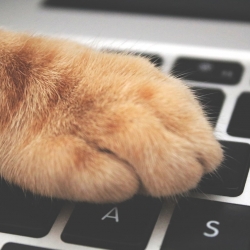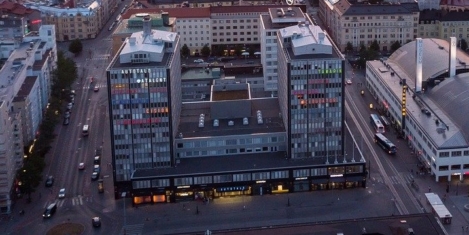June 2, 2020
Working life set to become more precarious and unequal
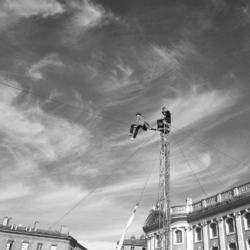 The future of work is likely to be even more precarious and unequal, according to a new research review from academics at Durham University Business School, Kings College Business School and University Paris-Dauphine. Dr. Jeremy Aroles, Assistant Professor in Organisation Studies at Durham University Business School, alongside colleagues, Dr. Nathalie Mitev (King’s College) and Professor François?Xavier de Vaujany (University Paris-Dauphine), reviewed a wide range of research related to working life new work practices and summarised this into a number of predictions for the future of work. This research review paper was published in the journal ‘New Technology, Work and Employment’, which is open access throughout June. (more…)
The future of work is likely to be even more precarious and unequal, according to a new research review from academics at Durham University Business School, Kings College Business School and University Paris-Dauphine. Dr. Jeremy Aroles, Assistant Professor in Organisation Studies at Durham University Business School, alongside colleagues, Dr. Nathalie Mitev (King’s College) and Professor François?Xavier de Vaujany (University Paris-Dauphine), reviewed a wide range of research related to working life new work practices and summarised this into a number of predictions for the future of work. This research review paper was published in the journal ‘New Technology, Work and Employment’, which is open access throughout June. (more…)





